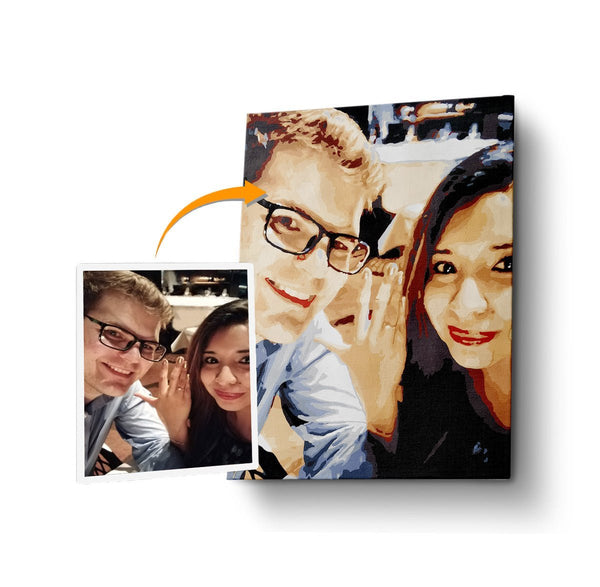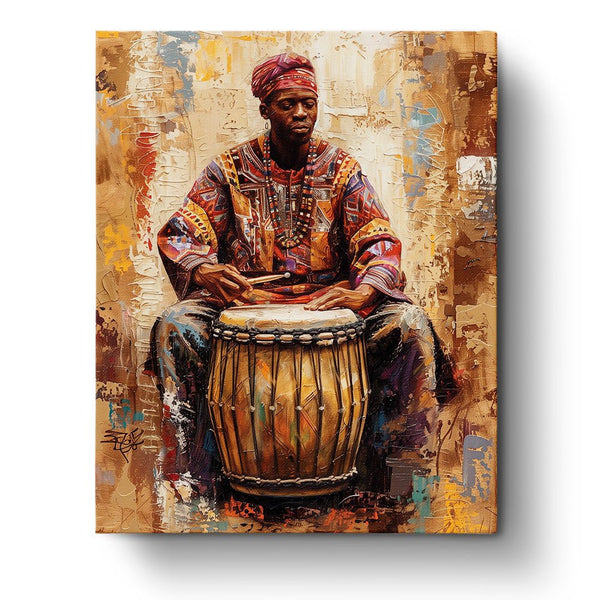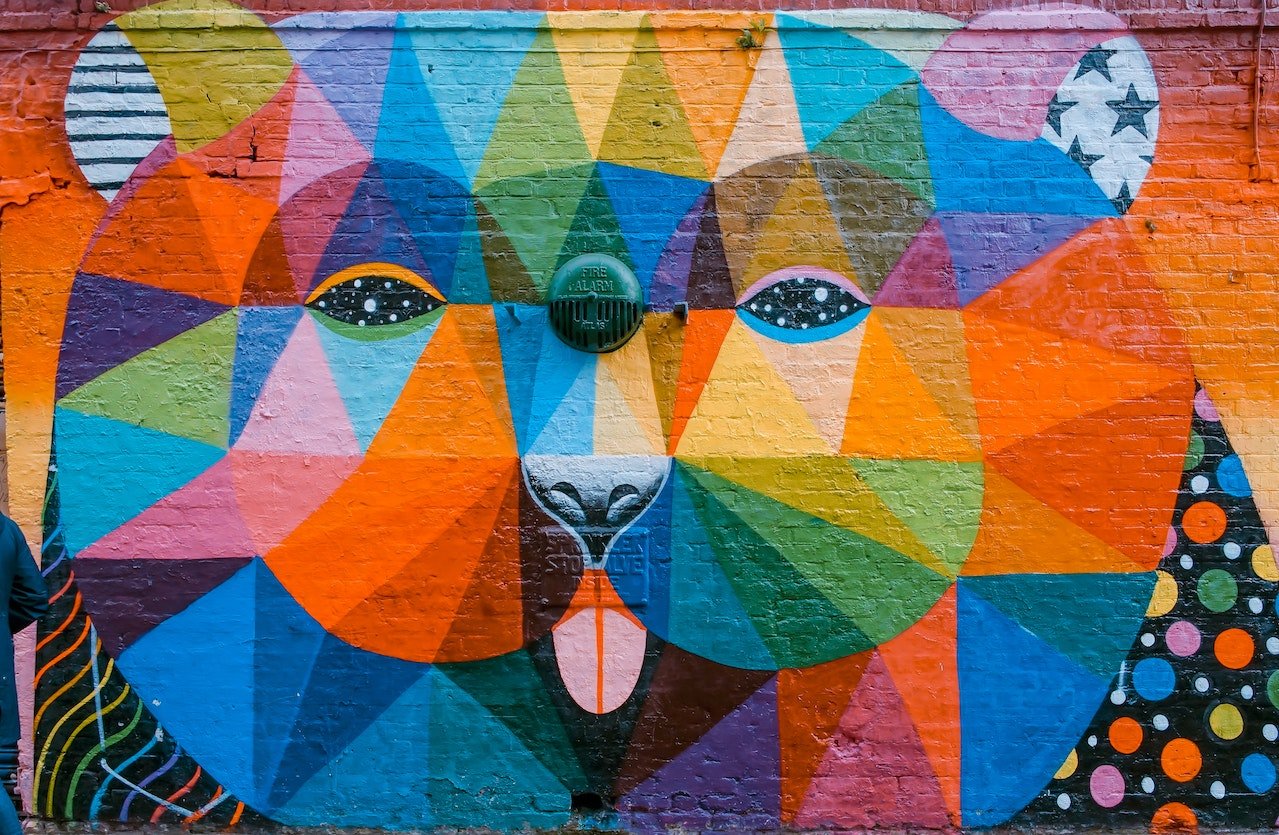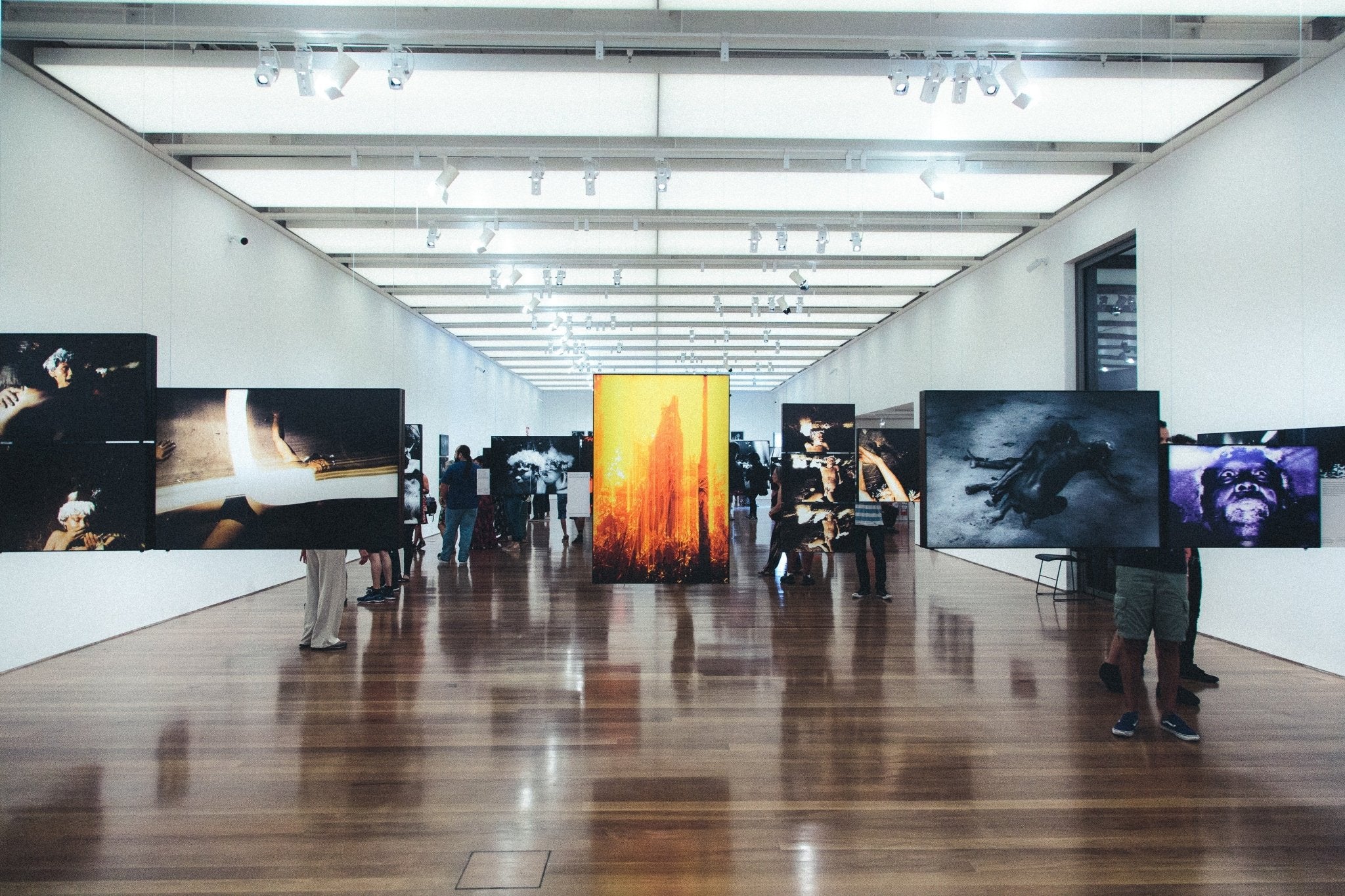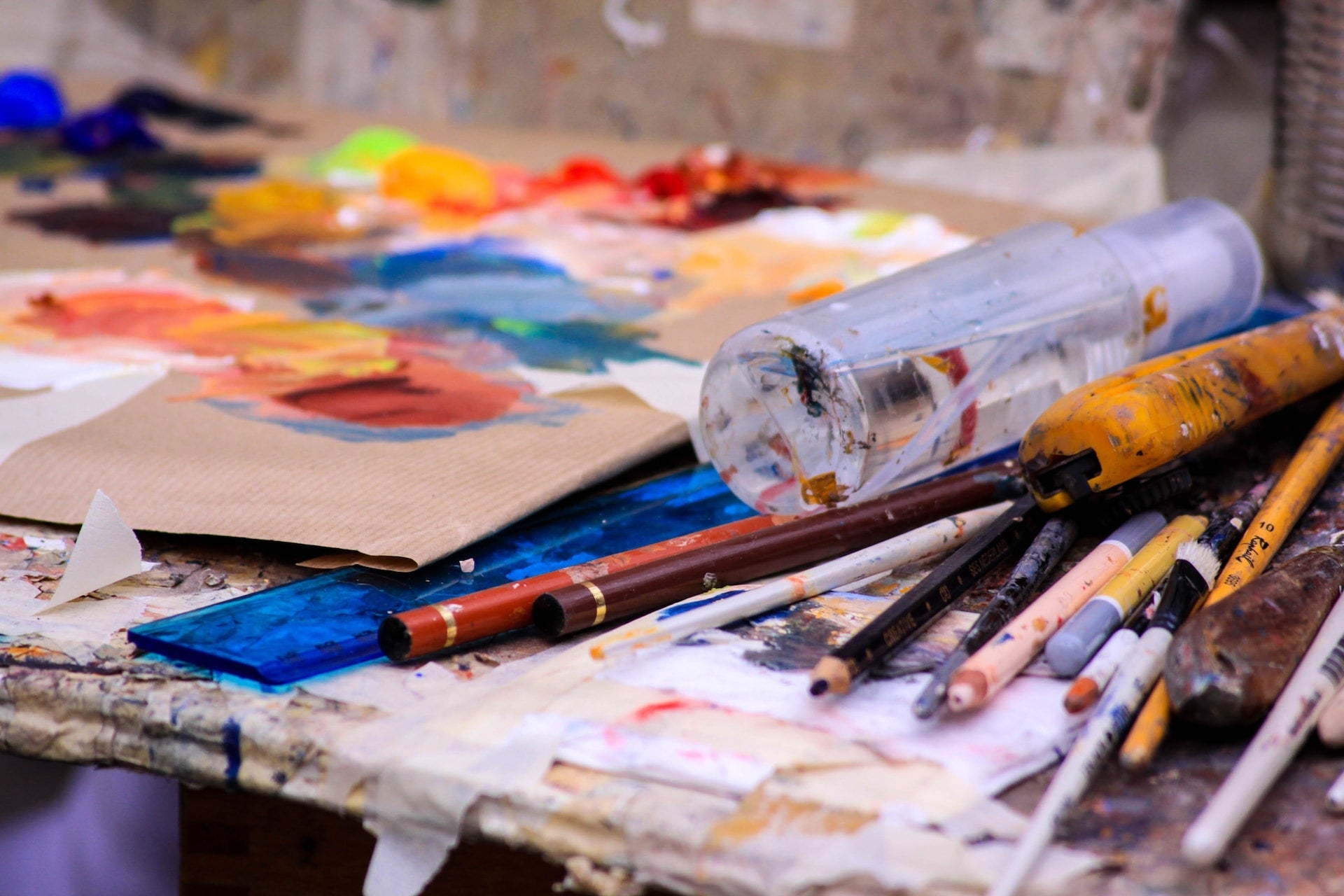
The Many Reasons Why Art Can Heal
Art therapy is a form of expressive therapy that uses visual arts and other creative activities to help people express themselves and heal from emotional issues. It's been around for hundreds of years, but recently it's become more popular in mainstream medicine as well. So, if you’re interested to know more about the healing powers of art, continue reading this article to learn more!

Long before the art therapy field emerged, artists intuitively knew about the healing power of art
Artists previously used their wounds as a canvas for creating new works, or they would take on someone else's to heal that person's pain through an artistic process.
Artists like Rembrandt and Picasso were well-known for using their work as a means of personal catharsis. Some have even argued that Rembrandt's Self-Portrait with Crow (1632), one of his most famous paintings from this period, is one of the first examples of what would later become known as "self-portraiture."
Similarly at this period in history—around 500 years ago—Picasso painted several works depicting himself with different types of animals including crows and dogs but none more striking than his Blue Period piece entitled "Study for Portrait Having Red Hair" (1913).

Why Art Can Heal
- Art can be used to heal on a personal level, through self-expression, but also when you engage with it on a visual level. This is especially true if you’re an artist yourself and have been diagnosed with depression or anxiety. You may find that the act of creating art helps you cope with the symptoms of these ailments and makes them easier to manage by expressing yourself through creativity rather than worrying about how they affect others around you.
- The benefits of doing creative activities like painting or drawing are even greater than just helping us deal with mental health issues in general—they also help us calm down when we’re feeling stressed out about something else going on in our lives (like school exams). Studies show that this type of relaxation comes from being able to focus solely on what it is we need right now rather than worrying about everything else going on around us at any given time; thusly allowing ourselves space from those other things so that we can be focused solely on the task at hand without any distractions whatsoever!

Japanese healers have long understood the power of imagery
The Japanese term for art therapy, senshoku, means “the way of seeing” or “the practice of seeing things for what they are.” In practice, this means that instead of using words to communicate with one another, people in Japan use images as tools for communication and healing.
Japanese art therapy uses images from nature—such as cherry blossoms—to help patients with mental illness feel more at peace and less anxious about life's challenges. By viewing these beautiful flowers as digital images on screens or photographs hanging around your home or office space, you can mentally immerse yourself in their beauty and take comfort in them like any other person would do when looking at them outside their window or standing next to them while taking a walk through nature together!

Healing images are not simply pretty pictures or symbols, they are sacred symbols that create a sense of balance and harmony in which many people report feeling comforted and nurtured
There are many reasons why you may want to create a healing image. Healing images are not simply pretty pictures or symbols, they are sacred symbols that create a sense of balance and harmony in which many people report feeling comforted and nurtured.
If you have been feeling confused, stressed out, or depressed lately, it might be helpful to make an image that helps you feel better by creating an energy shift within yourself. This can be done through drawing with colored pencils or pastels on paper (or even on your computer screen) using simple shapes like circles, triangles, etc., depending on the situation at hand!

Healing images have been linked to emotional growth and healing, including increased self-esteem and decreased anxiety
Art therapy is a form of therapy that uses the creative process to help people work through emotional problems. Art materials are used to express feelings and explore thoughts, which can improve mental health.
Art therapy also has been linked to increases in self-esteem and decreased anxiety among patients. Studies have shown that when patients create art together, they feel more connected with their environments and experience less loneliness than those who don't participate in this type of activity.
Art can distract us from our pain
The act of creating art is a form of distraction. We've all been there: you're feeling anxious, unsatisfied with your life, or just generally dissatisfied with the way things are going. You look at some art and it helps you focus on something else—a piece of music or a poem or an image that can distract from whatever else is bothering you.
Art also has the power to make us feel better physically in many ways: it relaxes us; it helps us focus our energy on something productive (like painting) instead of becoming overwhelmed by negative emotions like grief or anger that may come along with other problems in life; and most importantly for this article: when we look at beautiful works created by others who have gone through similar experiences as ourselves, they remind us how far we've come since those days when we were living through pain alone while everyone around us usually ignored our cries for help or they simply do not know how to help us.

Painting or drawing can engage both sides of the brain at once; leading to different connections between the hemispheres
Drawing and painting can engage both sides of your brain at once, leading to different connections between the hemispheres. This creates a more integrated experience for the viewer and can help with issues like anxiety, stress, and depression. It's also been shown to have positive effects on memory function and creativity.
Music has been widely documented as an effective treatment for depression, obsessive thinking and anxiety disorders, as well as to aid in recovery from drug addiction and alcoholism, according to the National Institute on Drug Abuse
According to research, music therapy is a highly effective way to manage stress. "It can help you feel better about yourself by reducing your stress level while improving your relationship with others at the same time.
Colors can soothe as well as stimulate emotion. This is why some music therapists use colors along with music for moods like anxiety or boredom in patients
Colors have been used for centuries to treat depression, anxiety, and other mood disorders. It's common practice for doctors to prescribe certain colors to their patients when they need help calming down after a difficult day at work or school.
Other uses of color therapy include treating addiction issues by using specific hues—such as lavender—to calm those who suffer from alcohol dependency; eating disorders like anorexia nervosa by using shades such as white or gray; and sleep disorders like insomnia by using reds and yellows that stimulate the brain into producing serotonin (a neurotransmitter).

Art can be used to heal on a personal level, through self expression, but also when you engage with it on a visual level!
You can use art as a form of self-expression, therapy, meditation, and relaxation. Art is an amazing tool for healing on many levels. It's fun to draw or paint your emotions out in the open so that you can release them without fear of judgment or ridicule from others around you!
Art offers many benefits for people who are ill or injured; it helps them express themselves and heal in a way that words alone cannot achieve. If you're feeling down about something (or if your body hurts), try drawing something funny instead!
You'll find that even though it may not seem like much at first glance (and there will probably be some mistakes when all is said and done), no one will notice except those closest to your heart who love seeing how happy their loved ones are through their artwork created during these moments of blissful happiness.
Conclusion
We hope that you’ve learned a little bit more about the healing power of art, and how it can help you when your soul is hurting. Whether it’s through self-expression or visual stimulation, art therapy can be a powerful tool in your recovery process. If you have any questions about what types of activities might work for you, feel free to reach out and ask!


